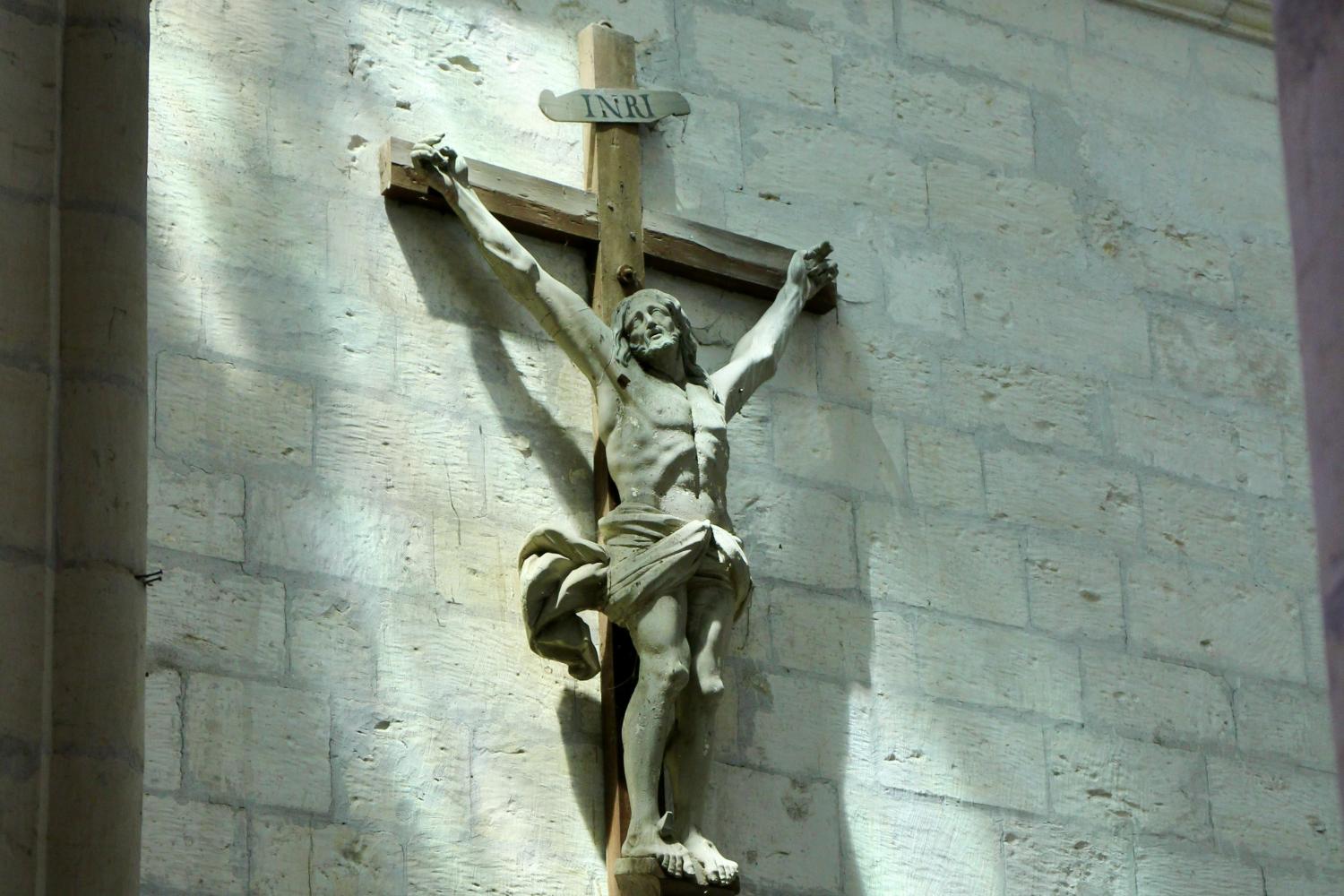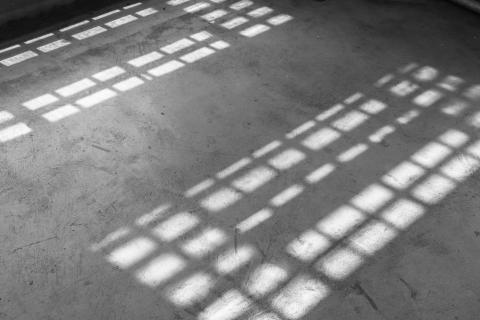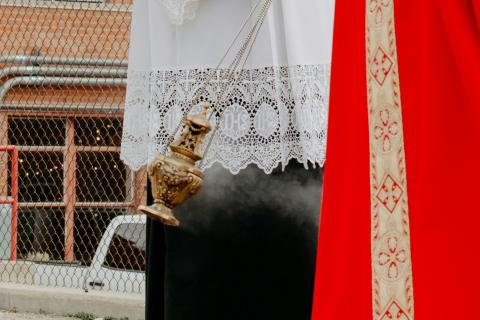
“The Christian of the 21st century will either be a martyr or will not be a Christian,” remarked Cardinal Fernando Chomali, a Chilean archbishop, at a recent seminar on the role of faith in public life. His comment points to what may be a felt experience in modern social and political life: Christian convictions tend to cost more than they once did, such that one needs to be ready either to suffer for them or to renounce them. There’s not a whole lot of social capital that comes with calling oneself “Christian,” and, therefore, there’s not a whole lot of middle ground left to stand on for Christians whose faith might be a bit muddled, or a bit unsure.
…Or, perhaps not quite. The archbishop’s remarks of course have a certain rhetorical flourish. But maybe they seem a ways off: in the US, at least, the present political administration seems more sympathetic to Christian life and principles than others have been. Lots of churches are growing. And lots of young people, especially, are finding their way into a life of faith that seems relatively comfortable, secure, and culturally acceptable. They may have more conviction than they once did, sure, as a fruit of the modern progressive ideology that does indeed surround, and chisel, their beliefs. But still. Martyrdom? It doesn’t exactly seem imminent.
There’s probably something to both perspectives. So what’s a helpful way to look at all of this? Two principles, perhaps, are useful to keep close to hand: first, if and when there are pockets of time where things seem a bit easier, a bit less harrowing to be a Christian, that shouldn’t necessarily be taken as an opportunity to reclaim the political reigns of the culture. The Gospel is never a cultural reality, alone. Rather, one is better served by looking on such moments as opportunities to build where it matters: to grow deeply in personal conversion and in community life, such that one is ready to witness to the Gospel in a time when it won’t be so easy. So if that’s where we stand now in our communities – in a space of relative ease – it’s worth being sure not to waste it. For there will come challenges – large or small – in the midst of which a depth of belief is sure to be called upon.
Because, second, the archbishop’s line does resonate with something of which the Lord himself assures us: the time of the end, of awaiting Christ’s return, will be a very difficult time, indeed, and it will be a time when persecution is inevitable. It’s been often noted by the Church fathers, by thinkers like John Henry Newman, by saints across the board, that the whole of Christianity is the end time. To prepare oneself for the kind of choice the bishop nods at is, then, not simply hypothetical, or the burden of some cultures and not others. We’re always meant to remember that we’re not going to win the battle here, for this world, and we need be ready to make whatever stand we need to make against the forces, interior or exterior, that would try to persuade us otherwise – that would try to make us cling to ourselves and our lives here, rather than the Lord, as our help and stay.
“In the world you will have trouble; but take courage, I have overcome the world,” Christ Jesus tells us. Another way of saying this is that the Christian hope is not rooted in making the whole world Christian, so that everybody wonderfully believes in what we do. That’s fantasy. The Christian hope is in the Lord keeping us faithful, such that many are saved. It’s in the Lord’s promise of courage, such that many, too, can overcome the world.
“Triumph of the Heart is truly a masterpiece of hope, an affirmation of life amid the horrors of a death camp,” writes Joseph Pronechen for National Catholic Register. The film, which presents the last days of St. Maximilian Kolbe, martyred under the Nazis at Auschwitz, is scheduled to open in theaters on September 12.
A federal court has ruled that the religious exemptions given to the Little Sisters of the Poor concerning contraception mandates violated federal law. What comes next in this long-running legal dispute?
The Archdiocese of Port-au-Prince issued a statement decrying the societal collapse of Haiti, describing it as a place “where the unthinkable has become commonplace,” Catholic News Agency reports. Gang violence and natural disasters have repeatedly brought down social and governmental structures in Haiti, and recent estimates indicate that the vast majority of the capital city is under the control of violent gangs and armed groups.
After surveying over 200,000 people across the globe, a new study has ranked a slew of countries, including Indonesia, Mexico, and Nigeria, ahead of the United States in terms of human flourishing. Using metrics like relationships, purpose, and virtue to capture the complex reality of human flourishing, the study yielded surprising results for those who equate flourishing with economic prosperity.


